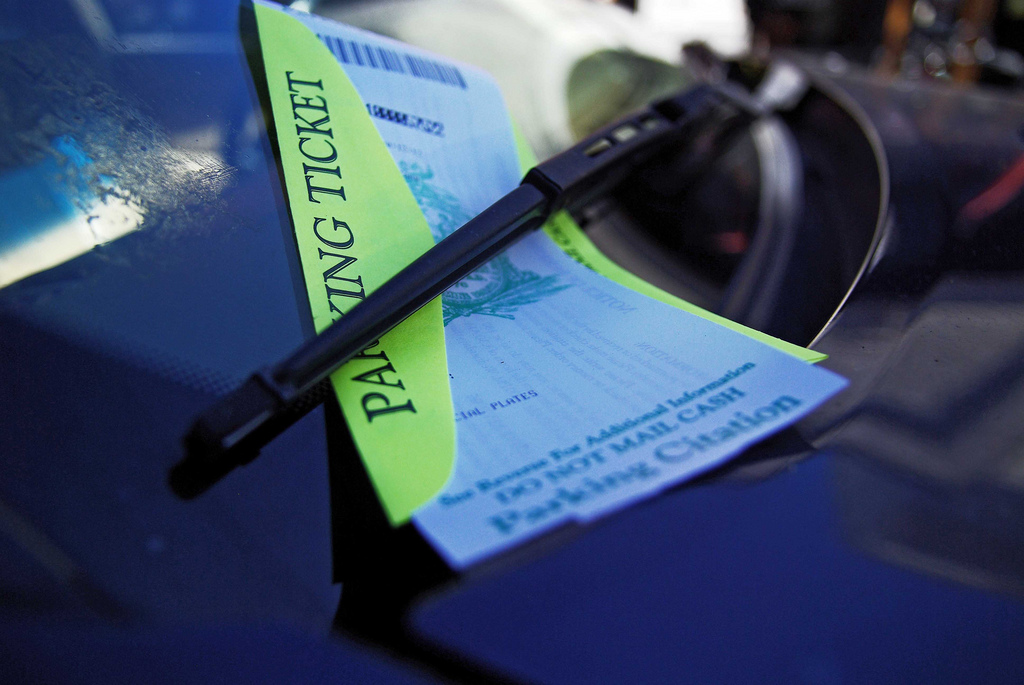“It’s an outrageous state of affairs,” says gay rights lawyer
Justice Denny Thomas’ erroneous use of an unconstitutional section of the Criminal Code to convict Travis Vader Thursday has summoned several calls for the section – and others like it – to be officially removed once and for all. But a prominent gay rights lawyer is skeptical about whether or not a statute that criminalizes anal intercourse will be included in the called-for overhaul.
During the country’s first livestream of a criminal trial, the Alberta Court of Queen’s Bench Justice used Section 230, “murder in commission of offences,” to convict Vader on two counts of second-degree murder in the 2010 deaths of Lyle and Marie McCann. That section was declared unconstitutional in 1990 by the Supreme Court of Canada, and Vader’s lawyers filed a notice of appeal less than 24 hours after the conviction was handed down.
Lawyer Doug Elliott, who also serves as the chair of the Just Society Committee, an ad-hoc committee of the LGBTQ organization Egale Canada Human Rights Trust, told JOUR 4101 that Thomas’ misjudgment serves as an example of what can happen when unconstitutional laws are left on the books.
“There’s a risk that someone who is not well-informed is going to use it,” said Elliott. “And that in fact has happened on a number of occasions with respect to Section 159.”
The section he is referring to, “anal intercourse,” reads that any person who engages in an act of anal intercourse is guilty of an indictable offence and can be imprisoned for up to 10 years, unless the act takes place in private, between either a husband and wife or two consenting adults who are at least 18 years of age.
According to Statistics Canada crime data, 53 people have been charged with anal intercourse since 2006. No charges were laid in 2006 or 2007, but between 2 and 11 charges have been laid every year since 2008.
“They would have been arrested… put in jail, fingerprinted, mug shots, the whole nine yards,” said Elliott. “And it’s quite possible that through that process they were outed to their family and friends.”
He said that because the section stipulates a higher age of consent than is required for vaginal sex, and uses the discriminatory language “husband and wife,” changing the law has been considered a couple of times, but it has “never been changed.”
“At least five courts of appeal have found that it was unconstitutional,” he said. “I think most lawyers would agree that it is unconstitutional, but Parliament has never repealed it.”
When asked why the Ontario Provincial Police has continued using Section 159 to lay charges, Provincial Media Relations Coordinator Sergeant Peter Leon responded that, “The federal government creates the legislation. They provide the tools and resources for us which ultimately are the laws that we enforce… If the law is there for us, and the charge is available to lay, then it’s our job, if we have reasonable grounds, to arrest and charge accordingly.”
Elliott said the federal government has failed to modify Section 159 marching orders because of “Homophobia. Still.”
“I don’t think the politicians themselves are homophobic, but they’re afraid of homophobia,” he said. “It’s about people who do not want their children learning about homosexuality because it’s somehow contagious – if they find out it exists they’ll turn into homosexuals. That myth that homosexuality is contagious has been around for a long time, as has the myth that gay men in particular are sexual predators… It’s a ridiculous stereotype, it’s been around for hundreds of years, and it’s still present today. I talked to Members of Parliament in 2005 trying to persuade them to do the right thing and they all told me that it was too politically risky.”
Representatives of the Ontario Liberal Party and Office of the Prime Minister were not available for comment before press time.
The Criminal Code has not been revised since 1985.


